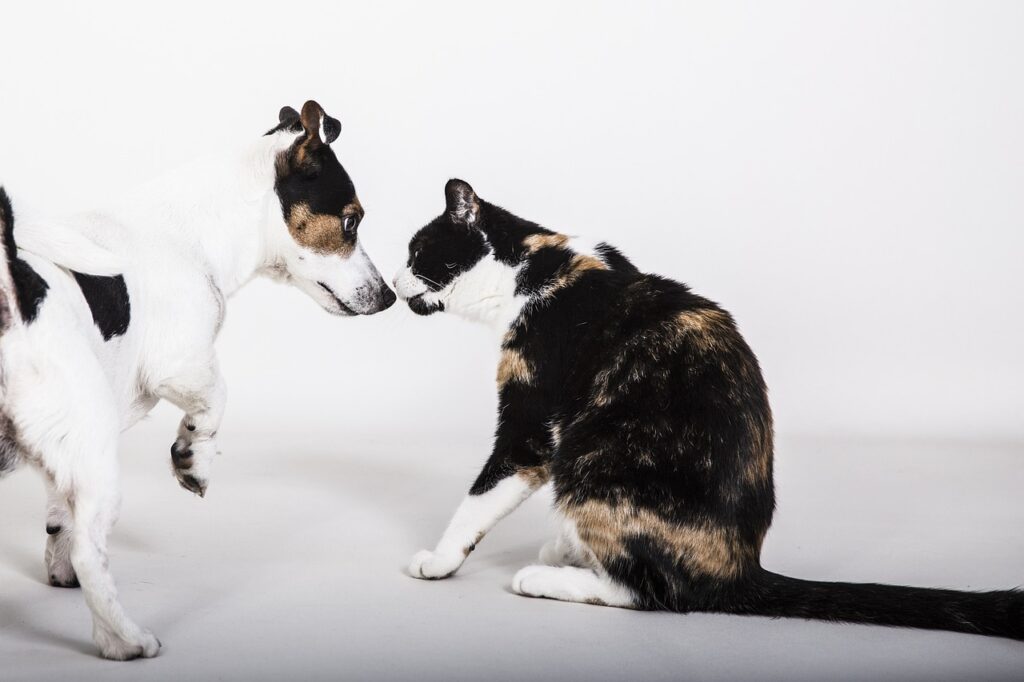Vaccines play a crucial role in safeguarding pets from various diseases, effectively preventing numerous illnesses. It has long been recognized that vaccinating your pet is a simple yet highly effective measure to ensure their longevity and overall well-being.
The realm of pet vaccines encompasses a wide range of options, with different vaccines available for different diseases, as well as various types and combinations to choose from.
When considering vaccinations for your pet, it is important to carefully assess the risks and benefits involved, taking into account your pet’s lifestyle and health. Consulting with your veterinarian is vital, as they can tailor a vaccination plan that offers optimal protection while prioritizing the safety of your unique animal.
Understanding Vaccines
Vaccines play a crucial role in priming the immune system to effectively combat disease-causing organisms. By containing antigens that resemble these organisms, vaccines trigger the immune system’s response without actually causing the disease itself.
When administered, vaccines gently stimulate the immune system. In the event that a pet encounters the actual disease, their immune system is now equipped to swiftly identify and combat it, either preventing the illness entirely or mitigating its severity.
Main Vaccines
Dogs
Core vaccines, such as those targeting canine parvovirus, distemper, canine hepatitis, and rabies, are essential for every dog.
On the other hand, non-core vaccines are administered based on the individual dog’s risk of exposure. Non-core vaccines provide protection against specific threats, such as Bordetella bronchiseptica, Borrelia burgdorferi, and Leptospira bacteria.
Cats
Core vaccines are crucial for cats and include immunizations against panleukopenia (feline distemper), feline calicivirus, feline herpesvirus type I (rhinotracheitis), and rabies.
Non-core vaccines are recommended based on the specific lifestyle of the cat. These non-core vaccines protect against feline leukemia virus, Bordetella, Chlamydophila felis, and feline immunodeficiency virus.
Timing and Frequency
The most suitable vaccination schedule for your pet can be determined by your veterinarian. This schedule takes into account various factors, including the type of vaccine, your pet’s age, medical history, environment, and lifestyle.
Relying on their expertise, your veterinarian can devise a personalized vaccination plan that aligns with your pet’s specific needs.
Sources & Additional Information: Pet Vaccines: Schedules for Cats and Dogs

